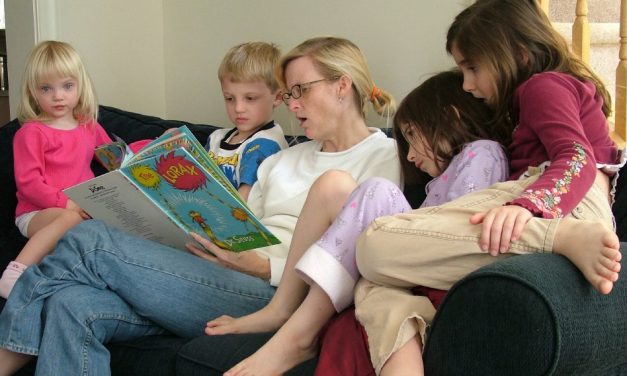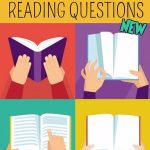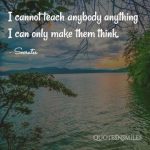Tutor Training
Initial Tutor Training for new volunteers:
Kerry Education and Training Board runs Initial Tutor Training for all volunteer tutors. Volunteer tutors are people who have been selected following an interview. Our Initial Tutor Training covers everything you need to know before starting to work with a learner. Topics include:
An introduction to adult literacy and its causes and effects
How to plan lessons
Assessment and listening skills
The reading process and how to teach reading skills
The writing process and how to teach writing skills
Numeracy skills
How to develop teaching and learning materials
Teaching and learning using a computer
Spelling
The Powerpoint presentations relating to the Initial Tutor training course are available on this page, scroll down for details.
In Service Training for volunteers and group tutors:
We offer regular in service training courses, to extend your skills and keep them up to date. If you have any questions about in-service training, or would like to request training on any topic around tutoring, contact Tutor Support directly; the details can be found here.












